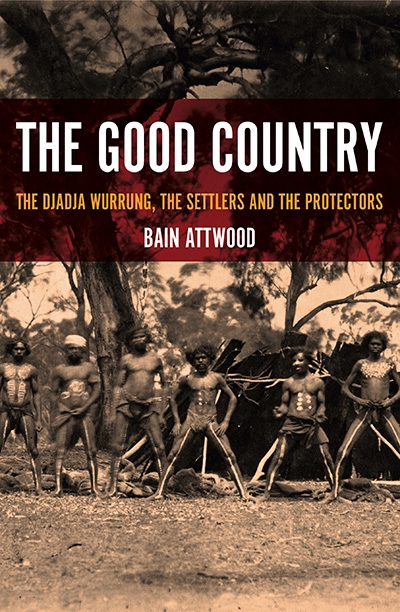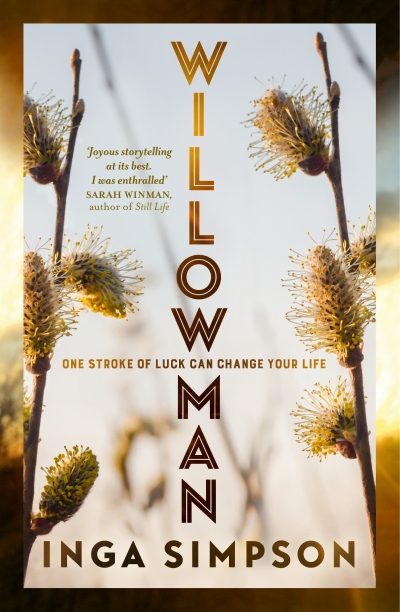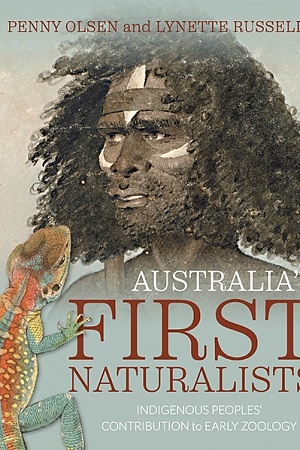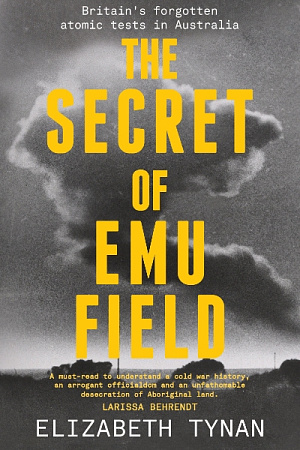The Good Country: The Djadja Wurrung, the settlers and the protectors
Monash University Publishing, $29.95 pb, 239 pp, 9781925523065
The Good Country: The Djadja Wurrung, the settlers and the protectors by Bain Attwood
Aboriginal and Torres Strait Islander readers should be aware that this commentary contains images or names of people who have since passed away.
The Good Country begins in February 1840 with a cross-cultural encounter in Djadja Wurrung country, now central Victoria. Two Protectors of Aborigines, recently appointed to the burgeoning pastoral district around Port Phillip, met with an Aboriginal group camped near Mount Mitchell. At this time, the Aboriginal protectorate had been operating for little more than a year as an experiment in ‘humane’ governance. Designed less as a foil to colonisation than as a means of mitigating its impacts, the protectorate had various parallels around the British Empire in offices of protection for slaves, indentured labourers, and others perceived in need of imperial concern. As part conciliator, part magistrate, and part missionary, the Protectors’ role was to uphold Aboriginal people’s rights of redress against injury or exploitation by settlers, and convert them into Christian farmers and labourers. Present at this day’s encounter were George Augustus Robinson, Van Diemen’s Land’s famed ‘conciliator’ and now Chief Protector for the Port Phillip District, and Edward Stone Parker, come amongst the Djadja Wurrung as their advocate. The head of the Aboriginal group was Nandelowwindic. He recognised the colonial officials and invited them to sit. Identifying features of the landscape for their benefit, Nandelowwindic told them that this was ‘my country, merrygic barbarie, good country’.
Continue reading for only $2.50 per week. Subscribe and gain full access to Australian Book Review. Already a subscriber? Sign in. If you need assistance, feel free to contact us.











Leave a comment
If you are an ABR subscriber, you will need to sign in to post a comment.
If you have forgotten your sign in details, or if you receive an error message when trying to submit your comment, please email your comment (and the name of the article to which it relates) to ABR Comments. We will review your comment and, subject to approval, we will post it under your name.
Please note that all comments must be approved by ABR and comply with our Terms & Conditions.